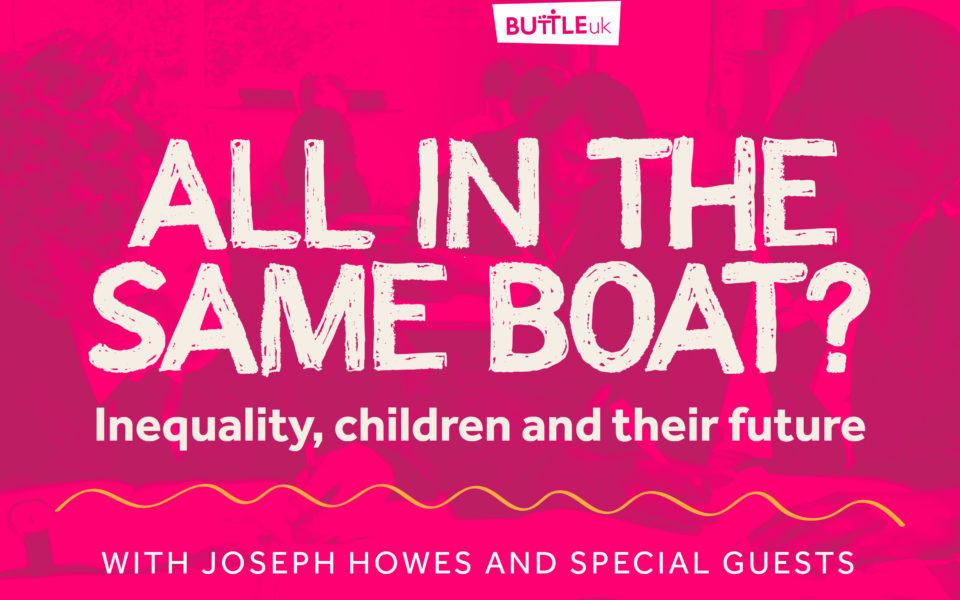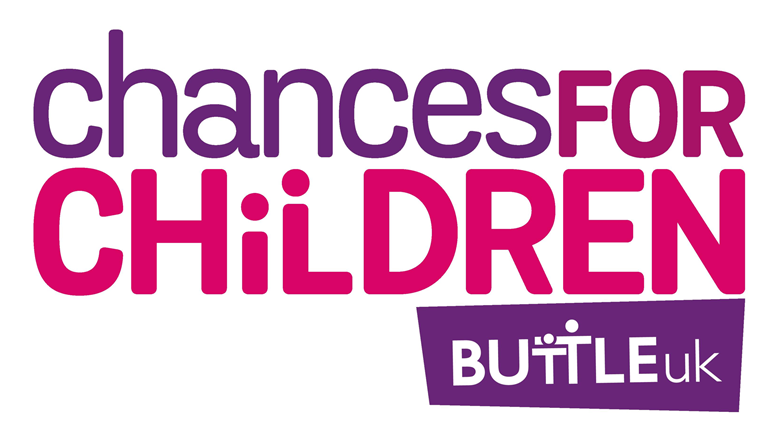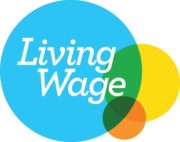All in the Same Boat? Episode 7 – Kinship Care
This final episode in the current series is all about kinship care.
Kinship care is when caring responsibilities for a child are taken on by extended family or friends because parents are unable to play that role any longer. So, it could be a grandparent, aunt, uncle, sibling or other adults connected to the child such as godparents or close friends of the family. There are a range of reasons why children end up in kinship care arrangements such as these. It could be as a result of a bereavement or ill health, or because the parents are having problems with drugs or alcohol.
Around 180,000 UK children are living with a kinship carer in the UK. Studies on the outcomes of children living in such arrangements carried out by both Buttle UK and Grandparents Plus, have showed that children’s outcomes were significantly better – by a number of measures, including GCSE results – than those in local authority care. However, the rights and responsibilities of kinship carers is a somewhat complex area, and sometimes there is very little statutory support available. The vast majority of the arrangements are informal, meaning that statutory services may not be aware of them anyway.
Kinship carers are often grandparents, and therefore older, and may be on low incomes themselves. The children will have had some difficult experiences in their lives that have resulted in them coming into these arrangements in the first place, and so often creating very challenging situations for their new carers. So, it is a vital way for children to be cared for at a critical time, and those that take on the role deserve recognition for what they do.
Joining TV presenter and journalist Richard Arnold to explore this issue further are Alec Robertson from the Kinship Support Team at Edinburgh Council and John Hamilton, Grants Development Officer for Buttle UK. The discussion considers the lives of the children in these arrangements, as well as of the carers themselves. It also looks at whether there is anything in particular that should be done to support both children and carers as we come out of the pandemic.
Listen to the episode on Spotify.
Listen to the episode on Apple Podcasts.







